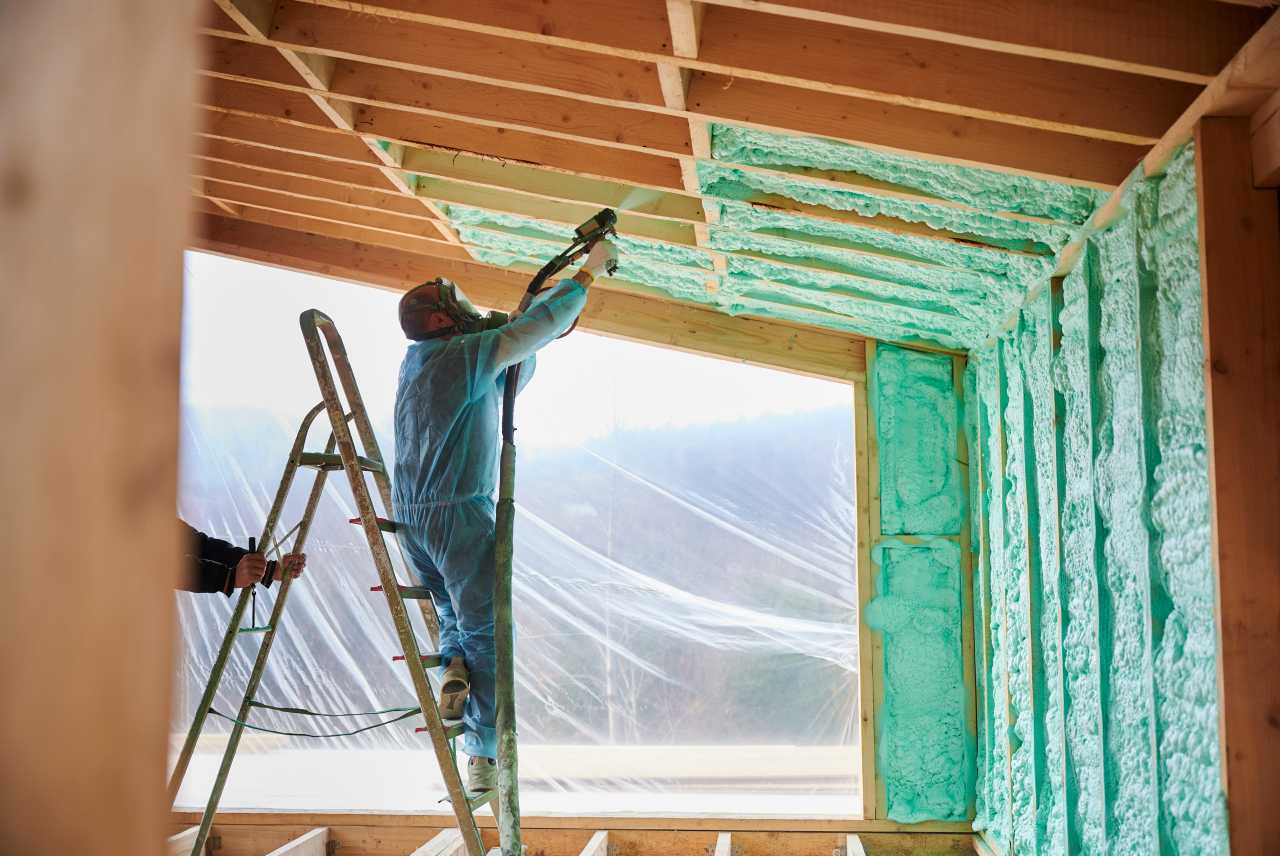Choosing the right insulation for your Southampton home is crucial for maintaining comfort and energy efficiency. With various options available, it can be overwhelming to determine which type best suits your needs. This guide is designed to help you make an informed decision that ensures warmth in the winter, coolness in the summer, and overall energy savings. By the end of this post, you will clearly understand the different insulation types, their benefits, and how to select the ideal one for your home.
Understanding the Importance of Insulation
Insulation plays a crucial role in maintaining your home’s temperature. It acts as a barrier to heat flow, keeping your home warm in the winter and cool in the summer. This not only enhances comfort but also reduces energy bills. Poor insulation can lead to significant heat loss, causing your furnace to work harder and increasing the likelihood of needing furnace repair in Southampton, PA. Investing in quality insulation is like giving your home a cozy blanket that protects it year-round.
Types of Insulation Materials
Fiberglass Insulation
Fiberglass is one of the most popular insulation materials due to its affordability and effectiveness. It is made from fine glass fibers and comes in the form of batts or rolls. Fiberglass insulation is known for its excellent thermal performance and fire resistance. It is easy to install and widely available, making it a cost-effective option for homeowners.
Cellulose Insulation
Cellulose insulation is an eco-friendly choice made from recycled paper products. It is treated with fire retardants to enhance its safety. Cellulose is known for its superior soundproofing capabilities and ability to fill gaps and voids effectively. It is an excellent option for older homes and areas with irregular shapes, as it can be blown into wall cavities and attics.
Spray Foam Insulation
Spray foam insulation is a versatile and highly efficient option. It is applied as a liquid that expands and hardens, creating an airtight seal. Spray foam offers exceptional thermal resistance and air-sealing properties, making it ideal for sealing cracks and gaps. It is commonly used in attics, crawl spaces, and around windows and doors. However, it is a more expensive option compared to other insulation materials.
Rigid Foam Insulation
Rigid foam insulation consists of polystyrene, polyisocyanurate, or polyurethane panels. These panels provide excellent thermal resistance and are commonly used in foundation walls, basements, and exterior walls. Rigid foam insulation is moisture-resistant and offers structural support. However, it requires precise installation to ensure proper coverage and minimize thermal bridging.
Factors to Consider When Choosing Insulation
R-Value
The R-value measures the insulation’s thermal resistance. The higher the R-value, the better the insulation’s ability to resist heat flow. Different areas of your home may require different R-values based on climate, building design, and local building codes. Choosing insulation with the appropriate R-value for each area is essential to maximize energy efficiency.
Climate
Southampton experiences varying weather conditions throughout the year, with cold winters and hot summers. It is crucial to consider the climate when choosing insulation. In colder climates, insulation with a higher R-value is recommended to provide better thermal resistance. In warmer climates, insulation with good heat-reflective properties can help keep your home cool.
Cost
Budget is an important consideration when selecting insulation. While some materials may have a higher upfront cost, they can provide long-term savings through reduced energy bills. It is essential to weigh the initial investment against the insulation’s potential energy savings and lifespan. Additionally, consider any available incentives or rebates for energy-efficient upgrades.
Benefits of Proper Insulation
Energy Savings
Proper insulation helps reduce heat loss in winter and heat gain in summer, resulting in lower energy consumption. This translates to significant savings on your heating and cooling bills. According to the U.S. Department of Energy, homeowners can save up to 15% on heating and cooling costs by properly insulating their homes.
Enhanced Comfort
Insulation helps maintain a consistent indoor temperature, eliminating drafts and cold spots. It ensures that your home remains comfortable throughout the year, regardless of outside weather conditions. With proper insulation, you can enjoy a cozy living environment and avoid the discomfort of extreme temperatures.
Environmental Impact
Proper insulation helps lower greenhouse gas emissions by reducing energy consumption. It also contributes to a more sustainable and environmentally friendly home. Additionally, some insulation materials, such as cellulose, are made from recycled materials, reducing their environmental impact.
DIY vs. Professional Installation
DIY installation can be cost-effective if you have the necessary skills and knowledge. It is suitable for simple projects, such as adding insulation to accessible areas like attics or basements. However, following safety guidelines and ensuring proper installation techniques to achieve optimal performance is crucial.
On the other hand, hiring a professional is recommended for more complex projects or areas that require specialized knowledge. Professional installers have the expertise and equipment to ensure proper insulation coverage and minimize potential issues. They can also provide valuable advice on the best insulation materials and techniques for your specific needs.
Conclusion
Choosing the right insulation for your Southampton home is a critical decision that can greatly impact your comfort, energy efficiency, and overall quality of life. Remember to regularly inspect and maintain your insulation to ensure its continued effectiveness. If you are unsure about the best insulation options for your home, consult a professional who can provide expert guidance.

 Join Daily Trust WhatsApp Community For Quick Access To News and Happenings Around You.
Join Daily Trust WhatsApp Community For Quick Access To News and Happenings Around You.

